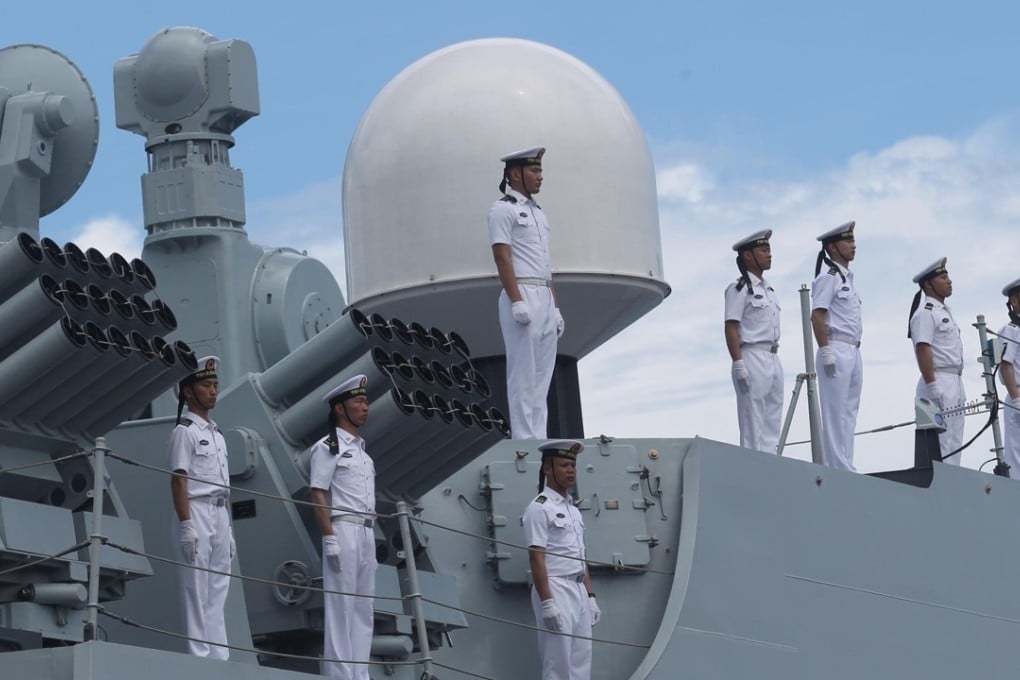Jake's View | Boast of rail gun tech shows the risks of a command economy
A command economy is much better than a market economy at moving special projects rapidly to completion. There are no budget debates, no public consultations and no required licences or permits. But whether they end with a bang or with a whimper, command economies carry their doom with them

“Leaked photos show China is not only catching up with the US in ship-borne rail gun technology, but may surpass the US in the next five to 10 years. This is because the US needs more time to approve budgets while China’s political system allows it to put more funding into special projects.”
Song Zhongping, military commentator,
SCMP, February 7
In Yokohama harbour in Japan lies a museum passenger ship, the Hikawa, which was used to ferry Japanese dignitaries around the world on diplomatic missions before the Pacific war.
This was not its only purpose. The penny drops when you see the enormous underpowered clunker of an engine, antiquated even in the 1930s. It served, along with other ruses, to give the world the impression that Japanese marine technology was well behind the times and the Imperial Japanese Navy therefore no real threat. Then along came the war and both Britain and the United States were stunned by the speeds that Japanese warships could achieve with their very modern high-pressure turbines, by the deadliness of the Japanese oxygen-fuelled torpedo and by the performance of Japanese naval aircraft.
Fooled them, that was what the Hikawa did.
It seems China is taking the opposite tack. Rail guns are up there with electricity from fusion power plants as an alluring future technology but the distant future is where both have remained throughout the many decades since they were first conceived.
